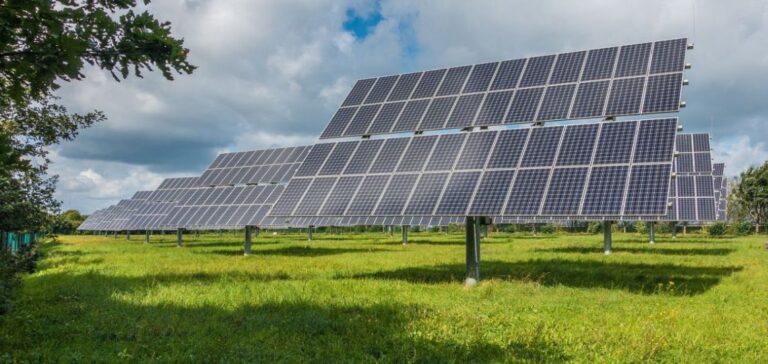The European Union and the UK are implementing climate policies to accelerate the uptake of renewable energy. The EU is committed to reducing its emissions by 55% by 2030, and has raised its target for the share of renewable energy to 42.5% by the same date.
EU member states have set themselves ambitious targets, aiming for an installed capacity of 1,316GW by 2030. These policy initiatives create significant opportunities for investors, enabling them to position themselves in proven renewable technologies with attractive risk-adjusted returns.
Increase in PPA contracts
The rise in Net Zero commitments has increased demand for long-term power purchase agreements (PPAs) in renewable energies. In 2023, a record volume of 16.2GW of PPA contracts has been signed through 272 agreements, an increase of 37% on 2018. This trend is boosting market liquidity, and companies such as Capital Dynamics have signed over 30 agreements with investment-grade counterparties, including HSBC UK, Sainsbury, and BP.
Against this backdrop, Italy is well placed for significant growth in the renewable energies sector, particularly in solar power. The Italian solar market is set to increase its capacity by 163% by 2030.
Italy’s renewable energy targets
Italy has set ambitious targets, aiming to increase the share of renewable energies to 30% of total energy consumption and 70% of electricity production by 2030. The Italian regulatory framework is designed to take advantage of European and national policies aimed at speeding up and simplifying the authorization and planning processes for renewable projects.
Capital Dynamics, an independent asset manager specializing in private assets, including clean energy and private equity, has finalized 10 projects in Italy representing a capacity of 490MW. The two most recent projects in Sicily, with a total capacity of 170MW, should be operational by the third quarter of 2025. These projects are supported by long-term PPA contracts.
Investment opportunities
These new projects in Sicily are expected to generate around 324GWh of renewable energy per year. This development brings Capital Dynamics’ gross annual generation capacity in Italy to around 1TWh, strengthening their position in Italy’s clean energy mix.
The renewable energy market in Italy and Europe offers attractive prospects for investors, thanks to robust support policies, growing demand for sustainable energy solutions and a maturing investment infrastructure. Investors can look forward to an increasingly diverse and resilient energy landscape, offering attractive investment opportunities in the years ahead.






















